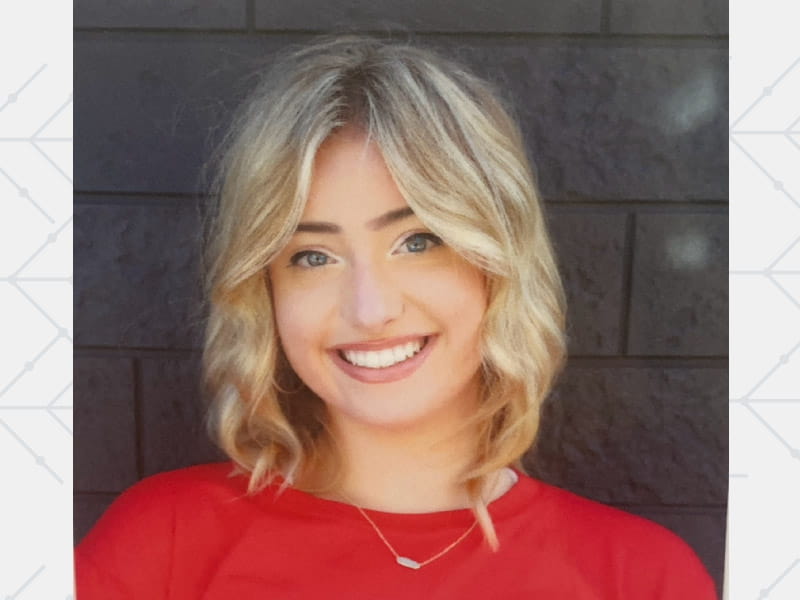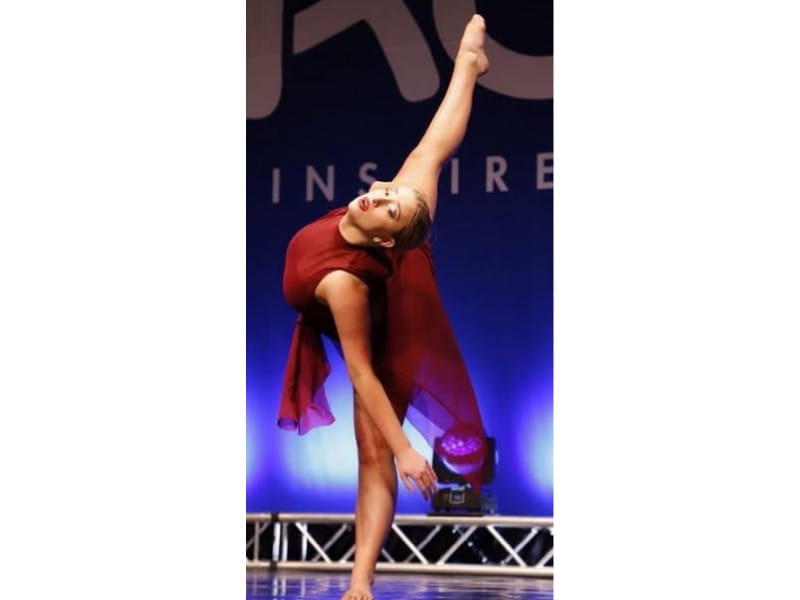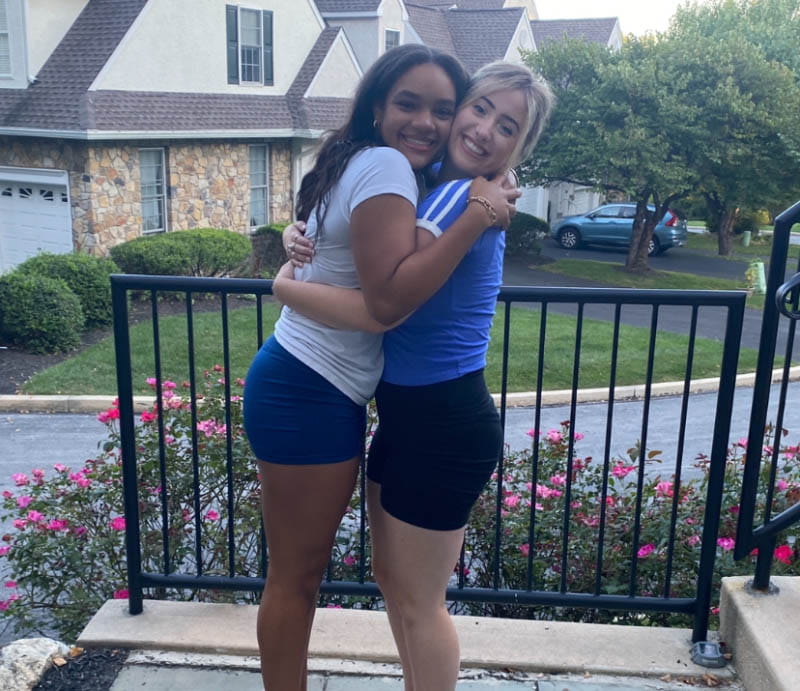Rare condition caused teen dancer's heart to stop on stage
By Emily Halnon, American Heart Association News

Preparing to go on stage, Noelle Hunter was buzzing with nerves.
Hunter, 17 at the time and living in Chadds Ford, Pennsylvania, had been dancing since she was 2 and was used to feeling anxious before a show. So as she put on her makeup and warmed up with her teammates, she brushed off the sensation.
The auditorium was packed. Backstage, all 14 dancers hyped each other up, then walked out and took their positions.
As the first notes of music floated through the speaker, Hunter began to move. She felt a little off.
Her balance was wonky. She felt disassociated with her body. Strange as this was, she tried to instead concentrate on getting the next move right.
The choreography called for the dancers to drop to the stage and lie down. Hunter's vision blurred as she descended to the floor.
When the dancers rose back up, Hunter didn't move.
The audience didn't react, assuming it was part of the dance.
Her teammates looked at Hunter, then each other. Some wondered whether she was injured. They kept dancing, unsure what they should do.
Finally, a dancer cried out: "Stop the music!"
A group of people rushed to the stage. Someone recognized that Hunter's heart had stopped. She was in cardiac arrest.
One audience member started performing CPR while another ran to get the automated external defibrillator, or AED.
The AED recommended shocking Hunter to try restoring her heart's rhythm. It didn't.
A second try did. She blinked her eyes open and saw people crowded over her. Then, she started having a seizure.
She regained consciousness while being carried backstage. Her face was pale and she was struggling to breathe.
Someone asked her if she had been out partying the night before. Another wondered if she had a panic disorder or if she dealt with anxiety.
When she got to the hospital, Hunter began undergoing a series of tests. They ultimately revealed she has long QT syndrome, a rare disorder of the heart's electrical system that can cause an irregular heartbeat, along with life-threatening complications like the sudden cardiac arrest she'd experienced on stage. Though Hunter wasn't aware of any symptoms prior to that, she discovered her condition was genetic and she'd had it since birth.
Upon receiving the diagnosis, Hunter asked, "Will I be able to dance again?"
"I can't give you an answer yet," her doctor said.
Hunter got an implantable cardioverter defibrillator, or ICD, to monitor her heart and correct irregular rhythms. She also started taking medication to help control her heartbeat.
The initial recovery was difficult. She had trouble sleeping. The incision from her ICD procedure became infected. Her new medication made her dizzy. Just walking to the bathroom felt like a challenge.
Still, she was motivated to push through what she hoped was only a temporary setback.
"I knew I wanted dance to be in my life forever and I didn't want this to get in the way," she said.
Her doctor worked with her to find a safe game plan. He stressed the importance of monitoring her ICD and staying in tune with how her body felt.

Five months into her recovery, she went back to the dance studio for the first time. During that visit and the next few, all she did was stretch to make sure she didn't do too much too soon.
"Even just stretching made me so happy because I felt like I was moving forward after everything that happened," she said. "I told myself, 'This is going to take a while, but you're going get back to dance and you're going to be OK.'"
She kept going to the studio, peppering in more dance moves – a split one day, a leg flutter the next. Soon, she was back in action. She was even able to join her team for the last performance of her senior year.
"It would've been easy for Noelle to let this experience drag her down, but as hard as it's been, she's fought hard to hold onto the things she loves, and she's grown so much as a person and dancer through everything," said Chandler Mason, one of Hunter's best friends and teammates.

Right after graduation, Hunter auditioned for HEART Global, a group that performs and leads dance workshops for youth all over the world – and she got the job. (The fact that she's a survivor of heart disease is coincidental, as the organization has no connection to heart health.)
She's now a full-time performer and teacher, currently in Japan, introducing kids to dance and hoping she inspires and empowers them to develop their own relationship with dance.
"Dance helped me keep going through the hardest time in my life," she said. "It's a dream to be able to share it with others."
Stories From the Heart chronicles the inspiring journeys of heart disease and stroke survivors, caregivers and advocates.





